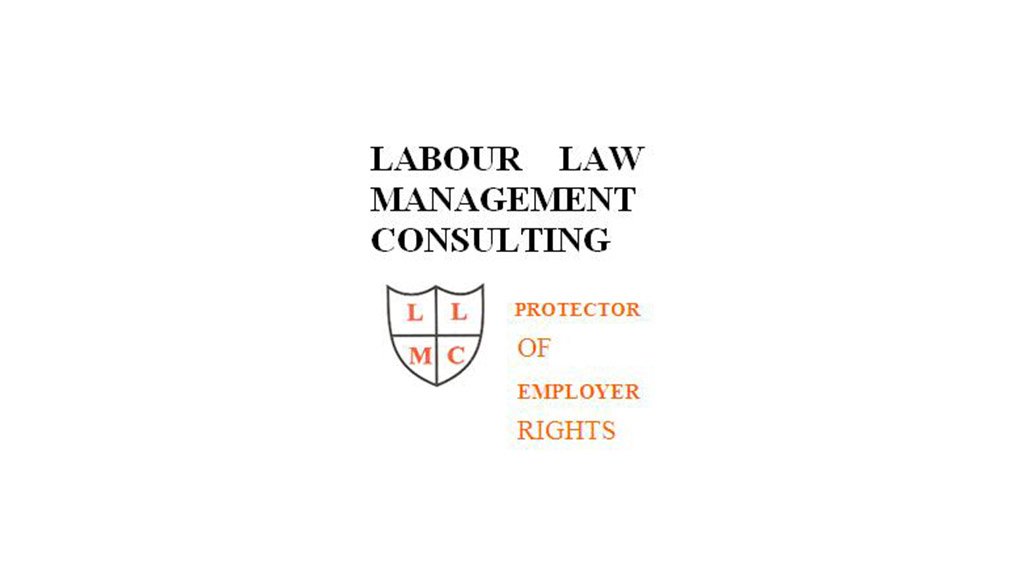South Africa’s labour law statutes do not deal with the situation where a job applicant has been offered the job but, before starting work, is told that he/she has no longer got the job. This is a serious gap in the legislation for a job applicant may who have resigned from his/her old job on receiving the offer of the new job. On hearing that the new job is no more he/she will have lost both the old and new jobs and be without a livelihood.
Neither the Basic Conditions of Employment Act (BCEA) nor the EEA nor the Labour Relations Act (LRA) shed any light on the recourse of a person who finds him/herself in this unenviable situation. Historically, the view has been that one is not an employee until he/she starts working and can therefore not use the labour dispute resolution system to take the employer to task.
One therefore had to rely on the law of contract. That is, when an employer offers a position to an applicant and the applicant accepts then a contract has been concluded. Such a contract is legally binding whether it is in writing or not. Therefore, if the employer then refuses to let the employee start work, the employer is in breach of contract and can be sued in civil court.
There is little if any dispute as to the employee’s theoretical right to sue the employer and the employee has a very good chance of succeeding with his/her suit if he/she can prove breach of contract. However, in practice, many employees do not have the substantial resources necessary to fight such a case in civil court. Secondly, it could take years for the employee to get his/her pound of flesh should the case go ahead.
It is possibly for this reason that Labour Court Judges and CCMA arbitrators have more recently become willing to broaden their view of what constitutes an employee.
According to section 213 of the LRA an employee is:
“(a) any person, excluding an independent contractor, who works for another person or for the state and who receives, or is entitled to receive, any remuneration; and
(b) any other person who in any manner assists in carrying out or conducting the business of an employer…”
This definition seems to make it clear that a person only gains the status of ‘employee’ when he she begins working for the employer. That is, the definition strongly implies that the employer’s legal obligations begin on the day that the employee physically begins work.
This interpretation was applied in the case of Greyvenstein vs Iliso Consulting Engineers (2004 3 BALR 330). In this case the employer had set the requirement that applicants for the post should be able to type at 60 words per minute. Despite the fact that the applicant, Greyvenstein failed the test, the employer told her that she would be appointed on a probationary basis. However, before the employee could start work the employer revoked the agreement and refused to give her the job. The CCMA decided that:
- A valid and binding contract had been concluded as soon as the employee had accepted the offer of probationary employment
- Greyvenstein had become an employee for purposes of labour law the moment this contract had been concluded
- The employer’s revocation of the contract constituted an unfair dismissal.
In the case of Wyeth SA (PTY) Ltd vs Manqele and others (2005, 6 BLLR 523) Wyeth and Manqele signed an employment contract. Before Manqele began working a dispute arose between the parties as to Manqele’s company car. As a result the employer terminated the employment contract on the grounds that the parties to it had been unable to agree to one of its terms (relating to the company car). Manqele took the employer to the CCMA for unfair dismissal. The employer contended that the CCMA had no jurisdiction to hear the matter as Manqele had not been an employee. It based this claim on the fact that Manqele had not yet begun work and that the legal definition of an employee includes the provision that an employee is someone who “works for another person”. However, neither the CCMA nor the Labour Court was prepared to accept this argument. Wyeth therefore took the matter on appeal to the Labour Appeal Court which rejected the literal interpretation that Wyeth had put on the definition of an employee. The Court found that Manqele had become an employee the moment the employment contract was signed by the parties. The Court therefore dismissed the employer’s appeal and required the employer to pay the employee’s legal costs.
The above case decisions make it clear that employers should not enter into employment agreements with job applicants before all the terms and conditions of employment have been fully agreed.
Written by lvan lsraelstam, Chief Executive of Labour Law Management Consulting. He may be contacted on (011) 888-7944 or 0828522973 or via e-mail address: labourlaw@absamail.co.za. Go to: www.labourlawadvice.co.za. This article first appeared in The Star.
EMAIL THIS ARTICLE SAVE THIS ARTICLE ARTICLE ENQUIRY
To subscribe email subscriptions@creamermedia.co.za or click here
To advertise email advertising@creamermedia.co.za or click here











